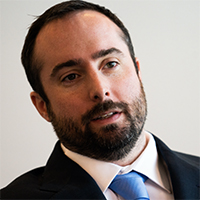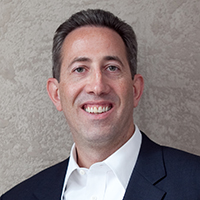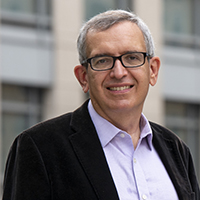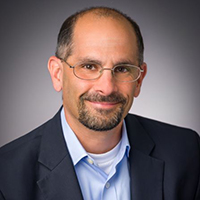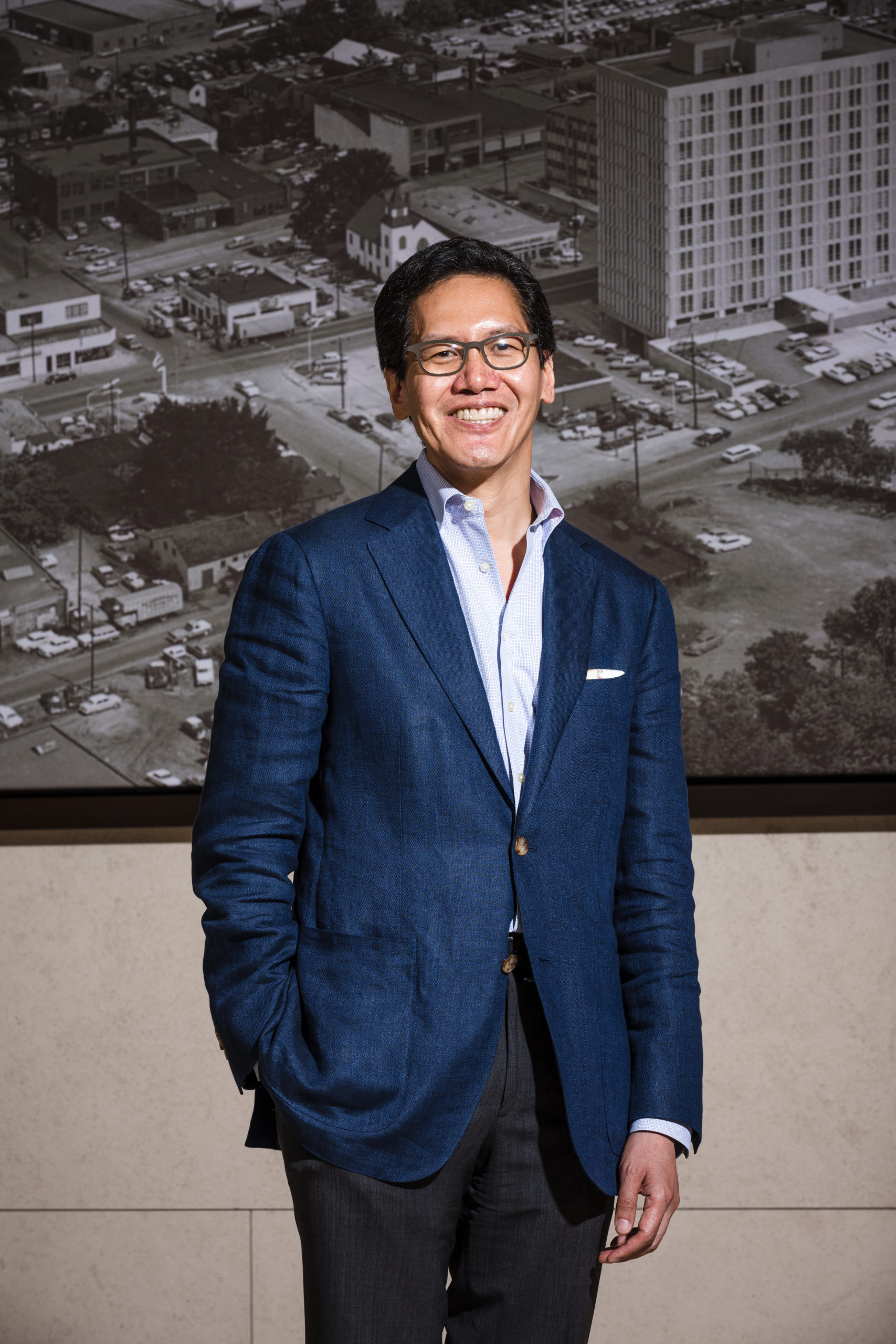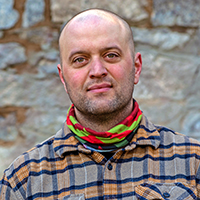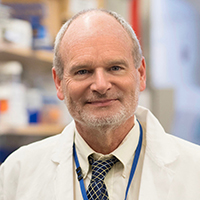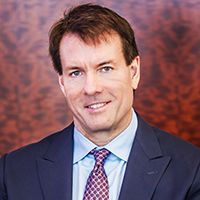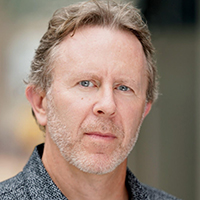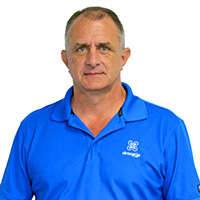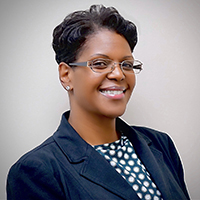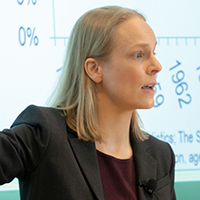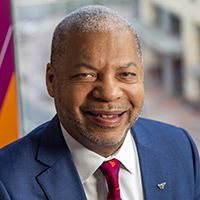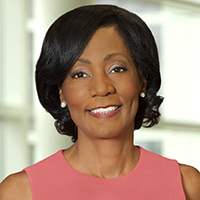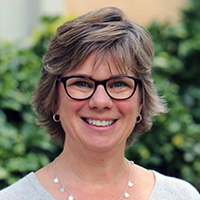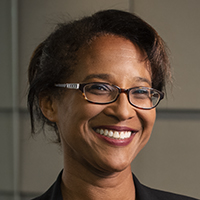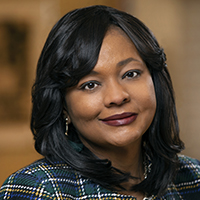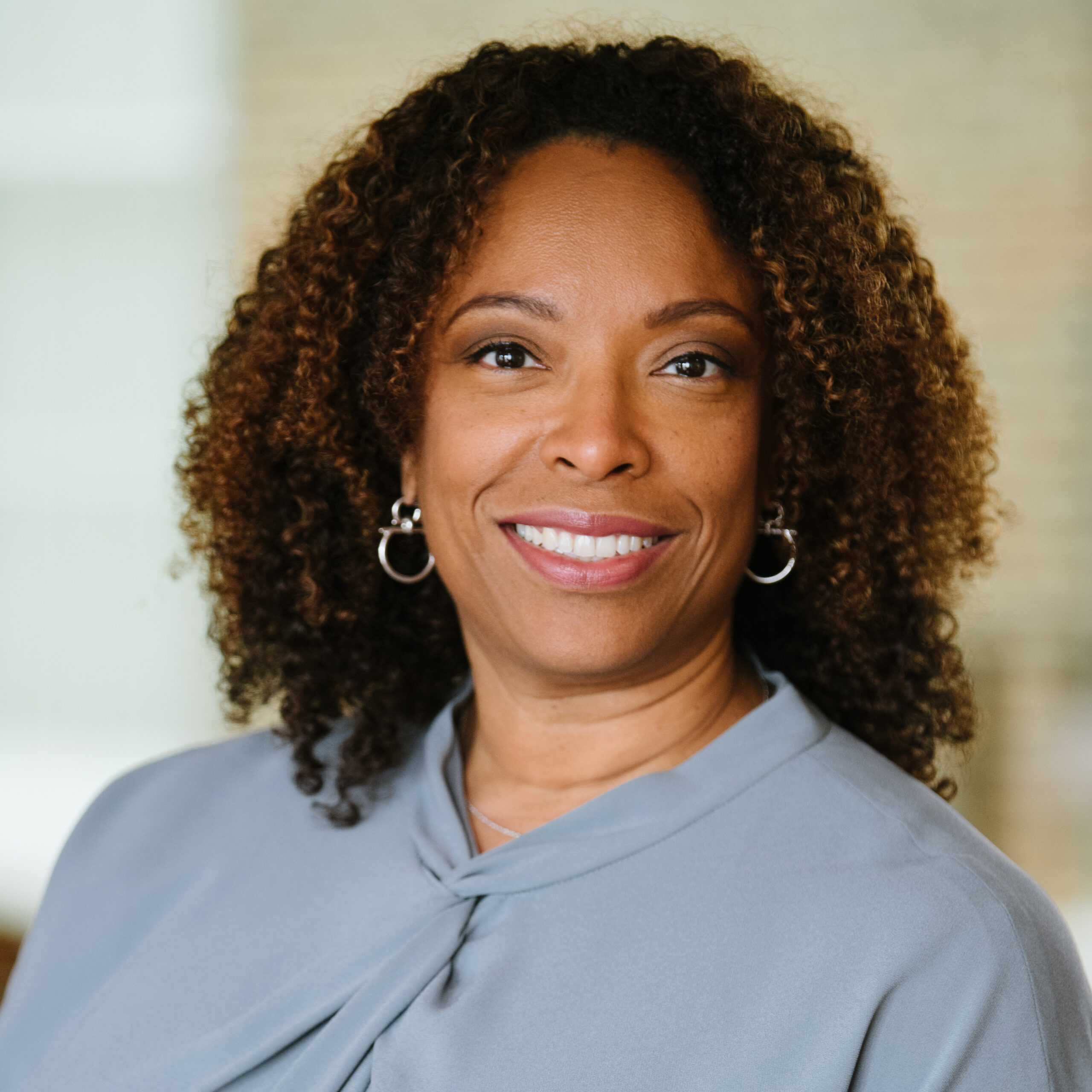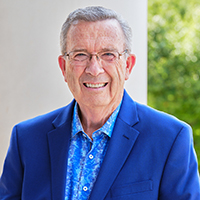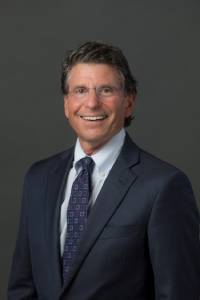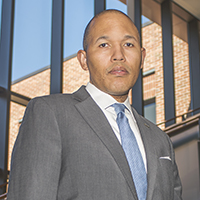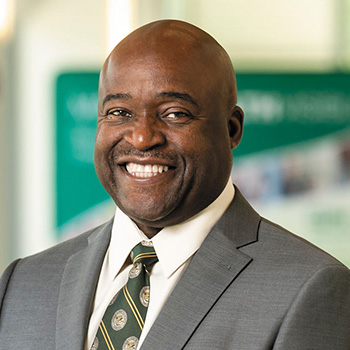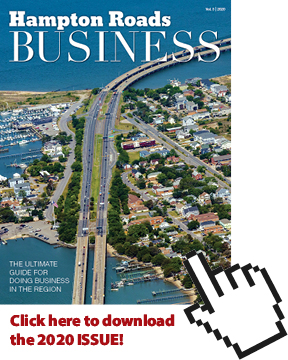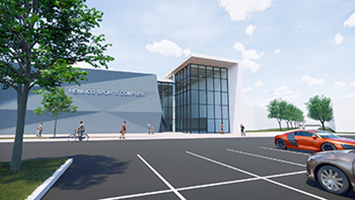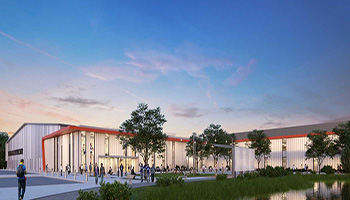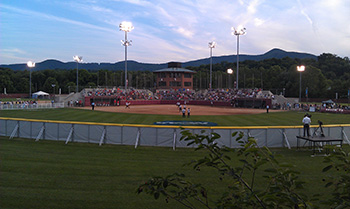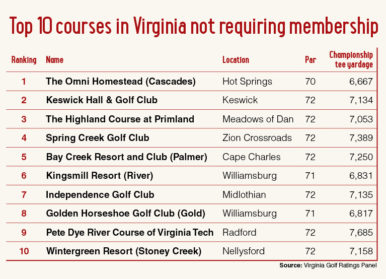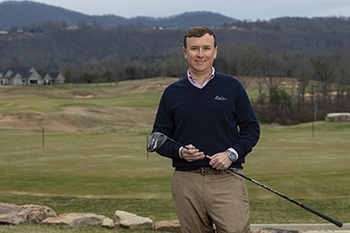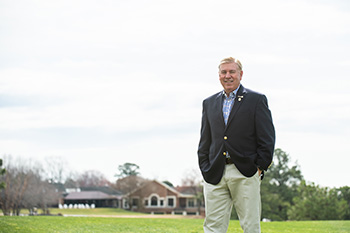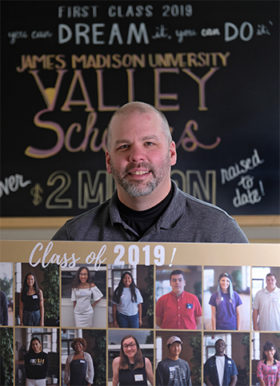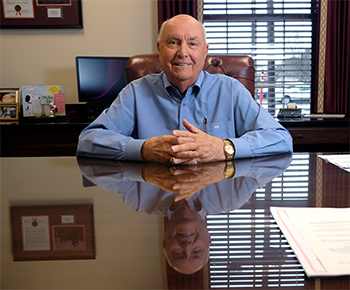From educating Virginians about the offshore wind industry to shepherding $400 million casino resorts across the finish line, these are the people who add to the commonwealth’s conversation and lend a face to ambitious undertakings.
Read about the rest of our 100 People to Meet in 2021.

B. Hayes Framme
Senior manager, government relations and communications, Ørsted
Richmond
The blades started turning this summer on a $300 million pilot offshore wind project years in the making. Offshore wind power generation may be a mature industry, Hayes Framme says, but it’s new to the United States — making education a key component of the effort. That fell to Framme, former deputy secretary of commerce and trade under Gov. Terry McAuliffe. Since November 2017, Framme has served as public liaison in Virginia for Ørsted. The Danish company led engineering, procurement and construction for Dominion Energy Inc.’s two-turbine offshore wind pilot project, located 27 miles off the Virginia Beach coastline. Dominion plans by 2026 to build the nation’s largest wind farm, off the Virginia coast, a $7.8 billion initiative that should generate enough electricity to power more than 650,000 homes. Ørsted is leasing a portion of the Portsmouth Marine Terminal to stage materials and equipment for the venture.

Mark A. Herzog
Vice president, corporate affairs, Kaléo
Richmond
For more than 20 years, Mark Herzog has been a key connector in Virginia’s life sciences industry, which contributes $8 billion to the state economy, according to the Virginia Biotechnology Association. Herzog was hired as the association’s first full-time executive director in 2000. He left in 2012 to become an executive at Health Diagnostic Laboratory Inc. Since 2014, he’s been with Kaléo, known for its portable epinephrine auto-injector, which uses voice instructions to help people counter serious allergic reactions. This year, he helped the company launch its Allerject auto-injector in Canada. Herzog also serves on the Virginia Chamber of Commerce board.

Andy Poarch
Chief operating officer, Alliance Group
Richmond
There was no guarantee Virginia would legalize casino gambling when Alliance Group was called in September 2018 to help launch what The United Co. CEO Jim McGlothlin characterized as a “moonshot idea” from his childhood friend and business partner Clyde Stacy. The pitch: To build a resort and casino at the dormant Bristol Mall, which had been purchased by Stacy, president of Par Ventures LLC. “They needed to embark on what became a two-year legislative effort,” says Andy Poarch, who led the communications and outreach efforts that helped the planned $400 million Bristol Hard Rock Hotel & Casino receive overwhelming approval from local voters in a November referendum. Planned to begin construction in early fall 2021, the casino will serve as an economic catalyst for Bristol and Southwest Virginia, Poarch says.

Emily Hasty Reynolds
Executive director of governmental affairs, Hampton Roads Chamber
Norfolk
In December, Emily Reynolds marks the end of her first year as director of governmental affairs for the Hampton Roads Chamber. She had plenty of business and politics to keep her busy during a year that coincided with a presidential election and the General Assembly’s extended session during a pandemic. Her duties this year included arranging Virginia’s 2nd Congressional District debate, which the chamber hosted in October. A 2018 Liberty University graduate, Reynolds worked as a legislative aide for state Sen. Stephen D. Newman, R-Lynchburg, before joining the chamber. She’s hopeful the long-lauded Virginia Way will emerge in 2021 and overtake the partisan divide.

Jay Smith
Partner, Capital Results
Richmond
No tax breaks, no public funds — “not one single penny,” Jay Smith says of the planned $500 million Norfolk Resort & Casino. “That resonates with people.” It did for 65% of Norfolk voters, who approved the casino in a November referendum. Smith is spokesman for the Pamunkey Indian Tribe and its Norfolk casino project, which he says will create 2,500 permanent jobs, $30 million annually for Virginia’s public schools and $30 million in new annual revenue for Norfolk. Smith attended Virginia Tech, stayed for graduate school and started with Capital Results a month after it was formed in 1999, helping a variety of clients with messaging and public relations. The Pamunkey tribe, which also wants to build a casino in Richmond, plans to start work on its Norfolk project in 2021, when Smith also has his sights set on climbing Mount Rainier.
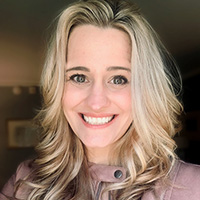
Molly Whitfield
President and chief operating officer, Madison+Main
Richmond
After spending the bulk of her career at Richmond branding, marketing and public relations agency Madison+Main, Molly Whitfield was named president in March. She joined the firm as traffic and production manager in 2007, working in every area of the agency for 13 of its 15 years. With Whitfield adding president to her title, Madison+Main’s founder and previous president, Dave Saunders, has been elevated to chief idea officer. Whitfield, who was born in Florida and grew up in Virginia, expects remote work to continue in 2021. She’ll also keep a business model that focuses on clients who make up no more than 15% to 20% of total billings. “I really am focused on overall efficiency,” Whitfield says, “and streamlining different things we do so that we can focus on the creativity.”



